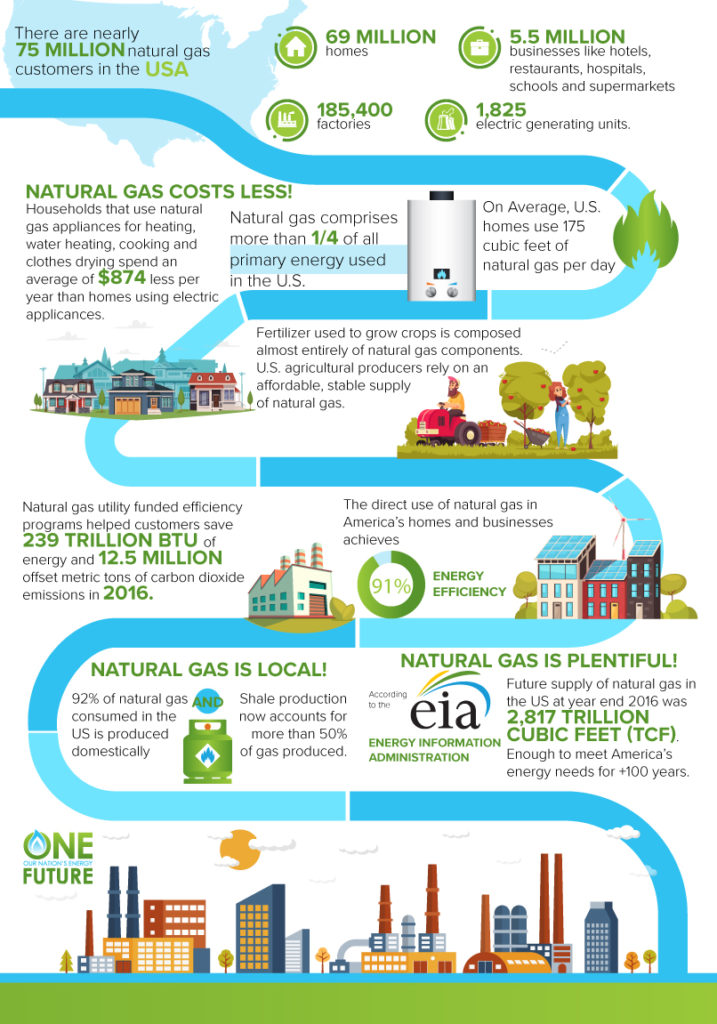Natural Gas Helps Reduce Cooking Pollutants
 March 18, 2020
March 18, 2020
It’s easy to forget that despite the progress we’ve made in the western world, one in five people on the planet lack access to modern electricity, two in five – or nearly three billion people – must rely on wood, coal, charcoal or animal waste for cooking or heating.
Household air pollution generated by primitive cooking methods is so toxic that the World Health Organization (WHO) estimates it leads to around four million deaths every year – a figure that exceeds the death toll attributed to malaria, tuberculosis and HIV/AIDS combined.
In addition to pollutants, cooking with biomass is also an enormous burden on families’ livelihoods. In rural areas, women and girls can devote up to six hours per day gathering wood or spend a third of household income on fuel.
It’s not surprising to hear then, that addressing the use of open fires and traditional cookstoves and fuels is one of the world’s most pressing health and environmental problems.
Reliance on traditional use of solid biomass for cooking contributes to forest depletion and climate change. In many developing countries, biomass is cultivated and harvested non-renewably and sadly and most importantly it leads to the death of four million people every year.
Replacing traditional fireplaces with cleaner fuels and more energy-efficient cooking solutions can reduce smoke emissions, provide cost savings and reduce the time and resources needed to procure fuel.
BLEN fuels (biogas, liquefied petroleum gas, electricity, and natural gas) are the cleanest solutions, able to reduce household air pollution emissions to the level of WHO guidelines safe for health. They are reliable fuels to non-intermittent energy options for household energy use. In geographical contexts or situations where BLEN solutions are currently harder to develop at scale, or for very poor households that cannot afford them (without subsidies), improved cookstoves that burn biomass more efficiently may also provide some benefits as an interim solution.
Natural gas is primarily composed of methane, a clean fuel that emits few air pollutants when burned in stove tops, in power plants to generate electricity, or to power vehicle engines.
Still, ONE Future works to further reduce methane emissions using science-based technology and methods across the entire natural gas supply chain. By reducing methane emissions across the natural gas supply chain, ONE Future companies will deliver more value to our customers, while also meaningfully reducing our greenhouse gas emissions.
To find out more about ONE Future’s mission and vision, please visit the website.
